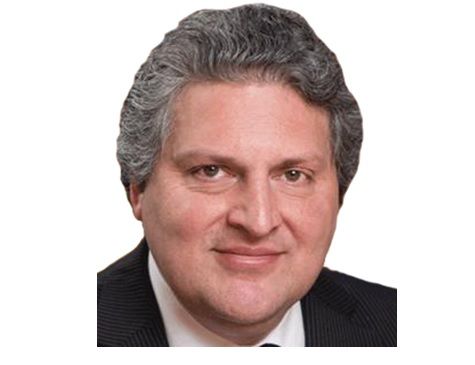Paul Volcker’s engagement with Dodd-Frank may have led to the weird, wonky and decidedly left-field ban on prop trading by banks and their active involvement in private equity and hedge funds. But his recommendations for overhauling the unwieldy US financial regulatory framework – unveiled this week – look pretty good. Dramatic they may be, but it’s hard not to agree wholeheartedly with his rationale and the specific changes he proposed.
The issue is hardly new – the patchwork, fragmented, competitive and deeply political nature of the current set-up, with Federal and State agencies jostling for position, has been an industry talking point for decades. Rather than stretching the mandates of the busload of existing agencies to deal with new issues as they emerge, the response has been to create new agencies with in some cases very narrow, finely-crafted mandates.
The quest to avoid agency turf battles has created gaps around the edges that can be and have been exploited by canny financial operators and invited those same operators to engage in games of regulatory arbitrage. The net result is far from optimal. The failings of regulators – and not just in the US – in the run-up to and during the global financial crisis have been well documented so no need for me to go there again. Suffice it to say, Volcker’s report couldn’t have come too soon.
It’s perfectly true that no single agency exists in the US to oversee the entire financial system. And as the nature of capital intermediation and distribution morphs increasingly into a non-bank/shadow bank paradigm, having agencies focused just on banks kind of misses the point of the transformation that regulators – arguably unwittingly – have crafted in response to the crisis.
To get round the agency fragmentation issue, we’ve been getting a lot of inter-agency agreements of late that require multiple sign-off but bring with them a lack of central responsibility. There’s a sense that the mindset of US regulators in this world of deep mission specificity is to adopt a ‘not my problem’ approach to issues that occur one degree outside that mission, and Schadenfreude at regulatory mishaps away from themselves.
Killing the OCC
If you buy the current drive for (I prefer to call it obsession with) systemic risk prevention, creating a Systemic Issues Committee under the Financial Stability Oversight Council that can designate SIFI status and upgrade prudential standards on everything that potentially poses risks to systemic stability is a sound idea. As is merging the SEC and the CFTC in favour of a new Investor-Protection Capital Market Conduct Regulator (with seats on the PSA and the SIC).
Creating an independent Prudential Supervisory Authority to take responsibility for rules and regulations in an umbrella format is a much tidier approach. Supervisory functions are currently conducted by the Fed, OCC, FDIC and CFTC for operators and/or products in their coverage areas.
Taking the Office of Financial Research out of the Treasury department sounds like a bit of a detail but making it an independent agency with an (unchanged) mandate to collect, compile, and standardise data and publish it regularly in aggregated form will likely facilitate its “reinforced emphasis on identifying possible emerging threats to financial stability”. In this new set-up, killing the OCC is no more than recognising its lack of purpose.
Volcker refers a lot to the independence of his new set-up. It’s clearly important to have independent regulators not beholden to political patronage. In this context, it’ll be instructive – if we ever get to follow-up hearings with Congress and the likes of the Senate Banking Committee – to see if removing the Treasury Secretary’s vote on the FSOC passes muster.
If, prior to the financial crisis, the Fed had vigorously adopted Volcker’s recommended role of monitoring “activities, practices, trends, and emerging issues horizontally across firms and the financial system, including financial markets not entirely in the sphere of present prudential regulation” and focusing “on such matters as the interdependence of institutions, trends in leverage and risk management, the infrastructure of markets, and the significance of innovations and new institutions”, it’s arguable the crisis would have happened in the first place.
If the Fed had adopted this role in the aftermath of the crisis, I wonder if the serious unintended consequences of the heavy hand of regulation might have taken a different path.
What you end up with under the Volcker proposals is an independent framework with clarity of mission, clarity of purpose, more flexibility, and an easier path to capturing emerging practices and structural trends. From my vantage point, it’s hard to tell whether or to what extent the proposals will upset entrenched self-interest or political expediency. I certainly don’t see his set-up emerging any time soon; getting to an end-point on this is going to be messy and slow.
Volcker moans about the alphabet soup of regulatory agencies; but he’s just created a new set, and the horse-trading to get co-opted onto the boards and committees of his new agencies will be intense.
BUT, if the US finally ends up getting a slimmer, trimmer, more focused set of regulators, the system as a whole is likely to be better off. All they’ll need to do then will be deal with the small issue of enacting some decent regulation.
